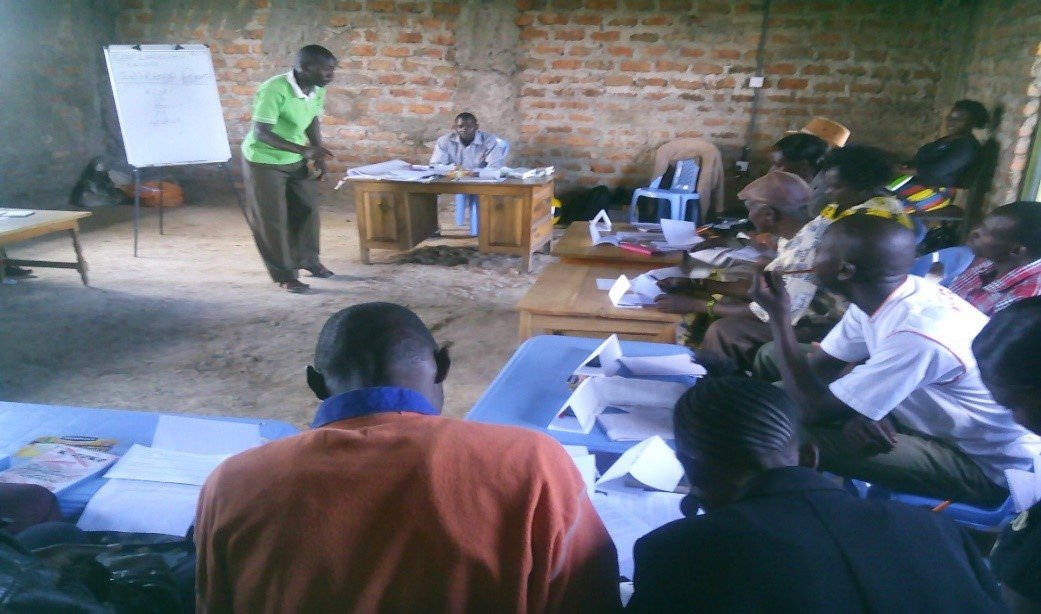In March of 2016, Nuru Kenya Leadership completed its first round of training for cooperative leaders—equipping 60 leaders across five cooperatives with knowledge and skills to effectively manage their cooperatives and make informed decisions that will support the long-term sustainability of community projects.
Nuru Kenya Leadership is a sustainability program. As such, its goal is to ensure that community leaders are equipped to implement impact at the local level continuously.
When Nuru Kenya began scaling in 2016, it established new farmer cooperatives. The cooperative strategy is aimed at sustaining Nuru Kenya’s key interventions and continuing to promote community participation. By working with cooperatives, Nuru Kenya encourages active, local community participation and ownership.
Farmer cooperative leaders elected by members may not have the required knowledge and skills for managing a strong farmer cooperative group. Therefore, training on these core leadership competencies is very important so cooperative leaders can improve sustainability and use their resources responsibly. Cooperative Program Manager Kennedy Opondo and Leadership Senior Training Manager George Nyamweya spearheaded the development of a new Leadership training curriculum specifically for cooperatives.
The key concepts of our cooperative training includes: incorporating servant leadership in cooperative management, helping the leaders understand extreme poverty, giving and receiving feedback, making meaningful choices and prioritizing community needs.
Activities used in the training included role plays, group discussions, sharing of experiences to promote learning and the use of pictorial and illustrations to explain key concepts. To support cooperative leaders most comfortable using their local language, our staff presented in three languages (Kiswahili, Kikurian and English) during the training. This was a challenge for our training team, but helped make sure that all of the important concepts were understood by the participants.
Through role plays, the farmers acted out the role of a leader to experience leadership and the challenges involved, as well as appreciated the role of leadership. The farmers had opportunities to deliberate on the type of leader they would want to have within their cooperative. At the end of the four-day training, the cooperative committee members chose a leadership representative. Their choice of a leader became much easier during the general meeting once the farmers had an idea on the qualities of a good leader. This leadership representative will continue to facilitate Nuru Kenya Leadership trainings and discussions within the cooperative members to ensure continuous capacity-building of farmer cooperative groups. The idea is that capacity-building can continue from the local level, even without Nuru Kenya.
Overall this training was a great success and we look forward to seeing these cooperative leaders continue to grow.


